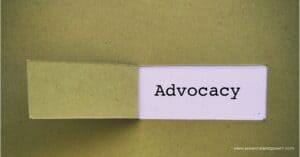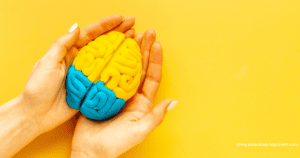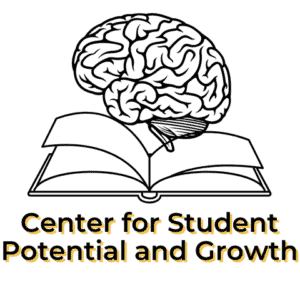
How to Advocate Like A Pro: An ADHD Teens Parents Guide for Sucess
Advocating for Your ADHD Teen at School: What Every Parent Needs to Know Being a parent comes with a host of personal challenges: worries about whether we are doing enough

I know how hard it is to watch your child struggle- whether it’s falling behind in school, feeling left out socially, or constantly battling frustration and overwhelm. You’ve probably tried so much already, and it can feel exhausting and isolating. That’s why we’re here- to walk alongside you and your teen, providing personalized counseling and coaching that don’t just help them thrive but bring calm (and reduce tension) back to your family.
Through personalized counseling, coaching, and parent education, we work together to uncover your child’s unique strengths, provide practical strategies to overcome ADHD-specific challenges, and help your family better understand how ADHD and executive functioning impact every part of your lives.
Our goal is to empower your child to build confidence, master essential skills, and develop the independence they need to succeed- while giving you the tools and support to guide them along the way.
We get to the root of your child’s learning and social difficulties so that you know what supports your child needs to learn their best.
When families first come in, they have been through countless disappointing parent-teacher conferences, phone calls home, a fair share of failed tests, missing homework assignments, and very few answers about what their child needs to do well!
Like my clients, you deserve answers. You know your child is smart and kind-hearted and that if you could just get them the right help, they would thrive.
Parents, we work together as a team to discover the best conditions for your child to succeed academically, socially, and emotionally.
We work with a variety of insurance providers. We will verify in advance to determine if we are in network with your provider.

Advocating for Your ADHD Teen at School: What Every Parent Needs to Know Being a parent comes with a host of personal challenges: worries about whether we are doing enough

Teens with ADHD develop on their own timeline. The world expects them to exist and function as their non-ADHD peers do, and for some, developmentally, they just aren’t there yet.

Understanding ADHD Burnout in Teens: What Every Parent Needs to Know Burnout. We may not think about teens being burned out, but it happens, probably way more than you think.

Being a teenager is tough! Teens are trying to find themselves, separate their identity from their parents, and connect with a group that feels like a good fit. So many

I bet you can ask most teens how they feel about homework, and you’ll likely get the same answer: they hate it, and it’s a waste of time! Barring a

As parents, we all want our children to succeed in school and life. But sometimes, the skills they need to get there aren’t just about reading, writing, or math. There’s
